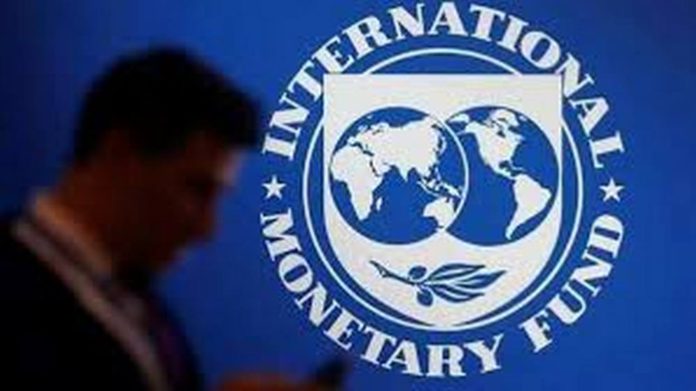Resident representative of the International Monetary Fund (IMF), Dr Leandro Medina, says Ghana’s economic crisis will be fixed if the government goes by all reforms spelt out in the $3 billion dollar support programme.
According to him, the programme is robust with all the elements needed to make the country attain economic freedom.
“This programme is very strong on really the objectives and the policies and reforms that are needed. So again, if implemented as planned, this programme will really help us not only dealing with the crisis, but get out of the crisis and really lay the foundation, which is exactly what you are talking about, right?
He says once the transformation takes place, “then you can have more sustainable and long-lasting inclusive growth.”
Speaking to JoyNews, he explained that the programme was designed to fill all the lapses in the economy, therefore, some aspects of the country’s expenditure would be revised.
“Ensuring social protection is a key aspect of the programme. Let me be clear. In times of crisis, it’s not uncommon that the expenditure as a whole is reviewed, and the different initiatives are being reviewed to make them more cost-efficient,” he said.
Ghana has already received $600 million with government indicating that it will be using the money to shore up the Bank of Ghana’s reserves and budgetary support.
However, there are concerns about whether the programme will take Ghana out of the current economic challenges and if indeed effective implementation can lead to this.
On the back of this, Dr Medina insists that the programme considered all other factors needed to stabilise the economy.
“The Extended Credit Facility, as I mentioned, is a programme to support financially the needs of countries in difficulty. And one very important dimension of this type of programme is the catalytic role in securing foreign aid and foreign financing.
“In this sense, the role of donors of development partners and other multilateral is very key, and we really expect them to come on board. And some of them, they are already working on the different initiatives that they have.
“As I said before, this is a comprehensive debt operation that includes different types of creditors, right? It includes the domestic debt, it includes the external bilateral and it includes the external commercial,” he added.
Nonetheless, the IMF says a successful conclusion of Ghana’s external debt restructuring will not grant the country automatic access to the international market.
Ghana has in the last couple of months been unable to borrow from the international market due to debts reaching unsustainable levels with lenders unwilling to do business with the country.
President Akufo-Addo on Tuesday, May 23, said Ghana will soon return to the International Capital Market with the IMF deal on board.
Mr Akufo-Addo said this will enable his government to get the needed funding to execute its mandate.
According to him, the shutting of the capital market to the country has been of great worry to him and his government.
“We have positioned ourselves to be able to go back into the International market which had been a source of funding for us during the first three or four years of our government,” he said during an engagement at the Qatar-Africa Economic Forum in Doha on Tuesday, May 23.
ALSO READ:

